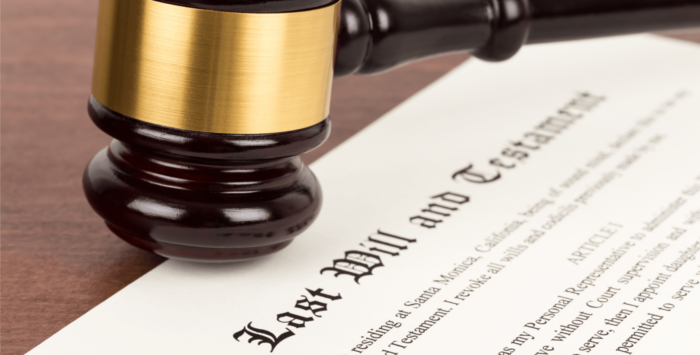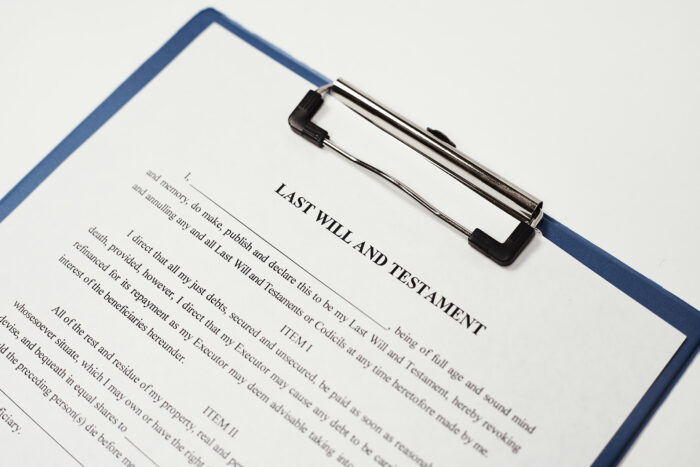
Have you been recently involved in solving an unexpected estate? Well, in that case, one of the most crucial questions lingering in your mind may be the possible definition of a ‘probate’!
Probate involves the progress of a legal process that initially began due to someone’s death. Probate wills mostly decide how and when the assets belonging to the deceased individual will be distributed. In many situations, the will might contain the executor’s name, who will have to handle the bestowal carefully. However, if there isn’t any will for far, a probate court will usually take the major decisions.
The regulations of the state you are residing in might also follow probate laws issued by the region’s authority. In this article, you will be guided through the step-by-step processes involved in the bestowal progression. Some of the aspects to keep in mind when dealing with probate laws are listed below for your convenience.
6 Tips To Keep In Mind When Initiating A Probate Process
1. It Is Important To Initiate A Petition Before you Start The Probate Process

You might want to file a request for probate in the region where the deceased individual once lived (preferably the region they resided in before they passed away). You might have to complete some paperwork and get officially approved by the authorized personnel. This paperwork will acknowledge you as the executor of the process, representing the deceased individual’s assets.
You might also have to submit a validated will along with the petition. Apart from that, the submission of the death certificate is also an important part of the process. The probate court in your region will then schedule a meeting to approve the paperwork you have filed. Gradually, the probate process will be opened, and the work will begin immediately. If your paperwork is approved, you can act on the deceased individual’s assets and control the distribution accordingly.
2. Giving A Valid Notice
You might have to send a valid document stating that the estate mentioned is under the probate process to all the other creditors, heirs, and beneficiaries involved. A few states also make it mandatory for the executor to publish the valid notice in a newspaper.
3. Make Sure To Keep A Watch On The Inventory Assets

It may be important to collect and appraise the estates currently under the bestowal process. You can inventory these assets and then present them to your state’s probate court. Some inventory assets include retirement accounts, bonds, real estate, art collections, and bank accounts.
4. Handle The Bills As Well As Debts That Come Your Way
You might have to collect funds or money related to the estate, including paychecks and rent. If any bills or claims are pending, it may be crucial for you to devise a strategy to pay the due amount. Apart from that, one will also need to go through numerous emails, bank accounts, and chequebooks to gather as much information as possible.
Another crucial aspect to remember is the amount the estate can generate. This amount should be enough to pay off all the due debts. If the due amount is not paid, the probate court might make it necessary to emphasize more on the creditor claims. In fact, you might also have to pay all the pending taxes besides filing for an income tax document on your estate. Consider setting up an estate account to pay all the final debts and pending bills.
5. You Will Need To Distribute All The Remaining Assets

Once all the remaining debts and expenses are paid, you will need to distribute the rest of the estate to the heirs of the deceased or the people mentioned in the wills. This part can also legally solve many issues and prevent any misunderstanding between the heirs or the will directs.
6. Once Done, Make Sure To Close The Deal
After you have distributed all the pending assets, you will need to submit the receipts and the records of everything involved in the probate process. The probate court in your region will then send approval to close the estate. With the closing deal, you will also be free from the duties of an executor.
Is It Important To Always Have A Probate Attorney When Dealing With Such Cases?
If you are new to the bestowal process and are looking forward to working under guidance, it is usually best to hire a probate attorney. Thus, this is because a probate attorney, who is officially licensed by the state, is experienced in assisting numerous executors in settling an asset belonging to a deceased individual.
If you wish to avoid unnecessary strife between the families of the deceased individual, a probate attorney can make the process of distribution of the assets more convenient and simple.
Conclusion
In many situations, family members of the deceased person usually try to involve themselves in the bestowal processes, even if they don’t have a probate attorney. This can result in unexpected conflicts as well as uncertainty.
And if you prevent such relatives from partaking in the procedure, they may eventually believe that you are hiding an important notice from them. Therefore, going for a probate attorney is one of the most convenient and best things to do when handling a probate process.
















